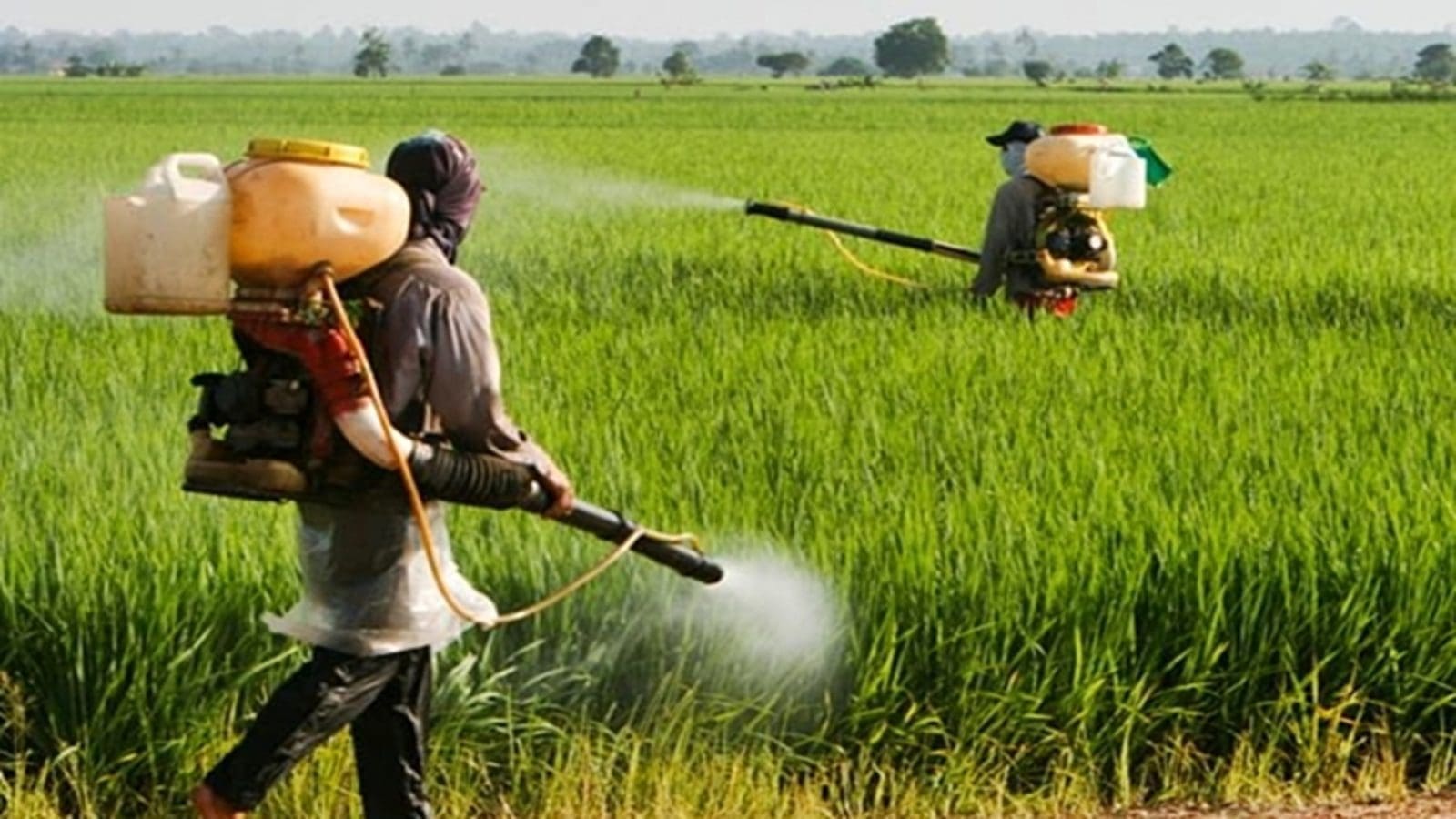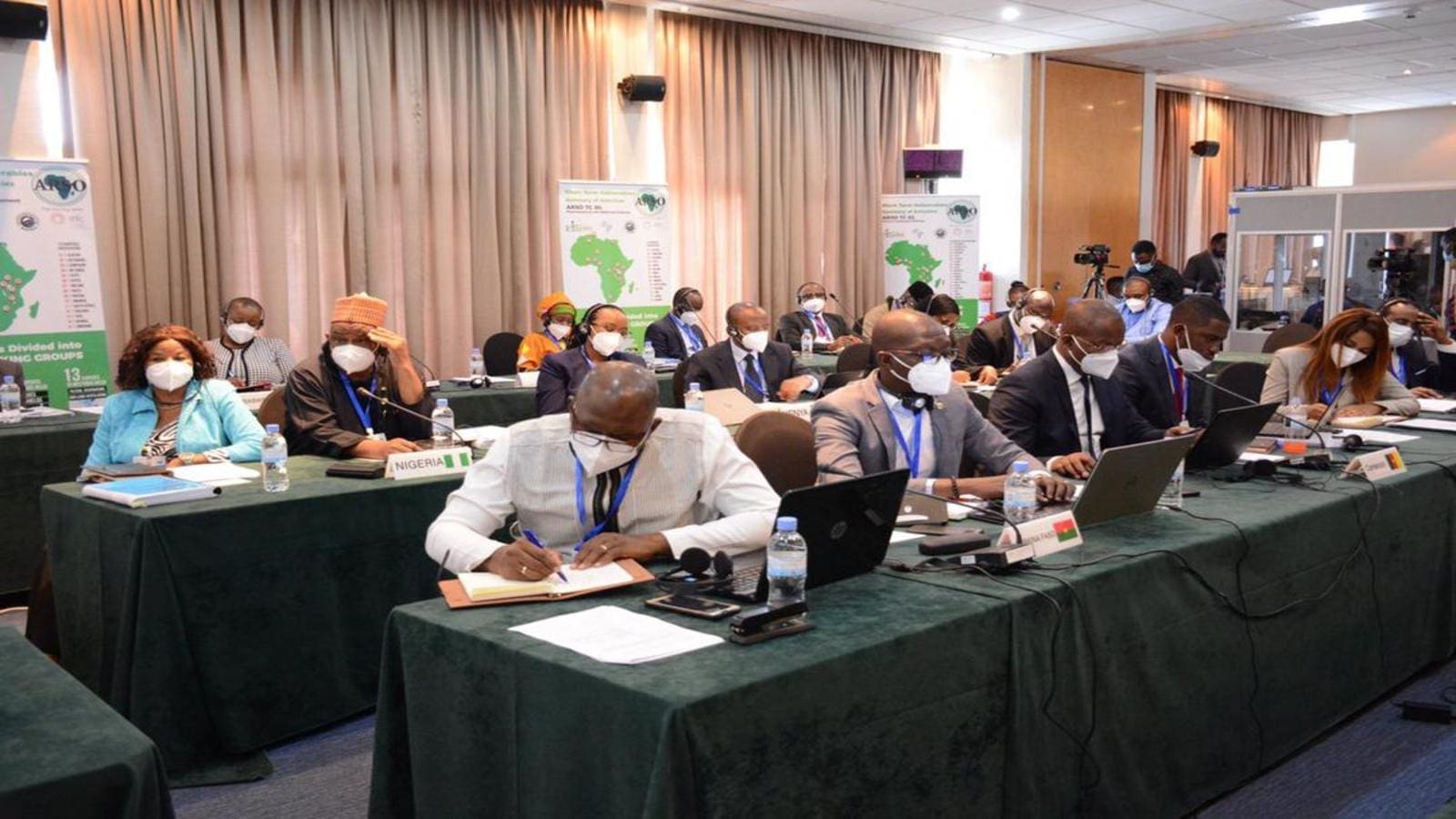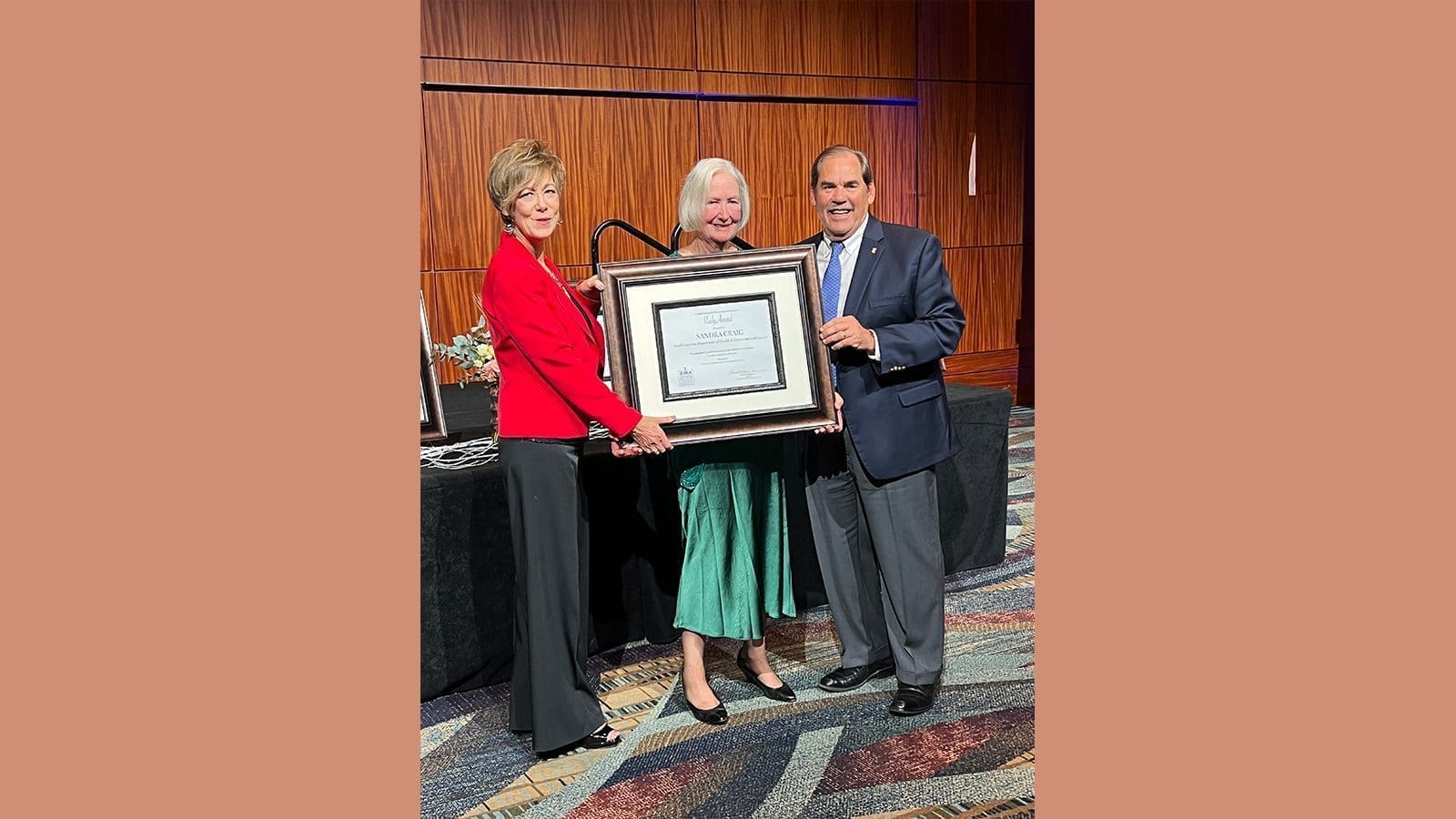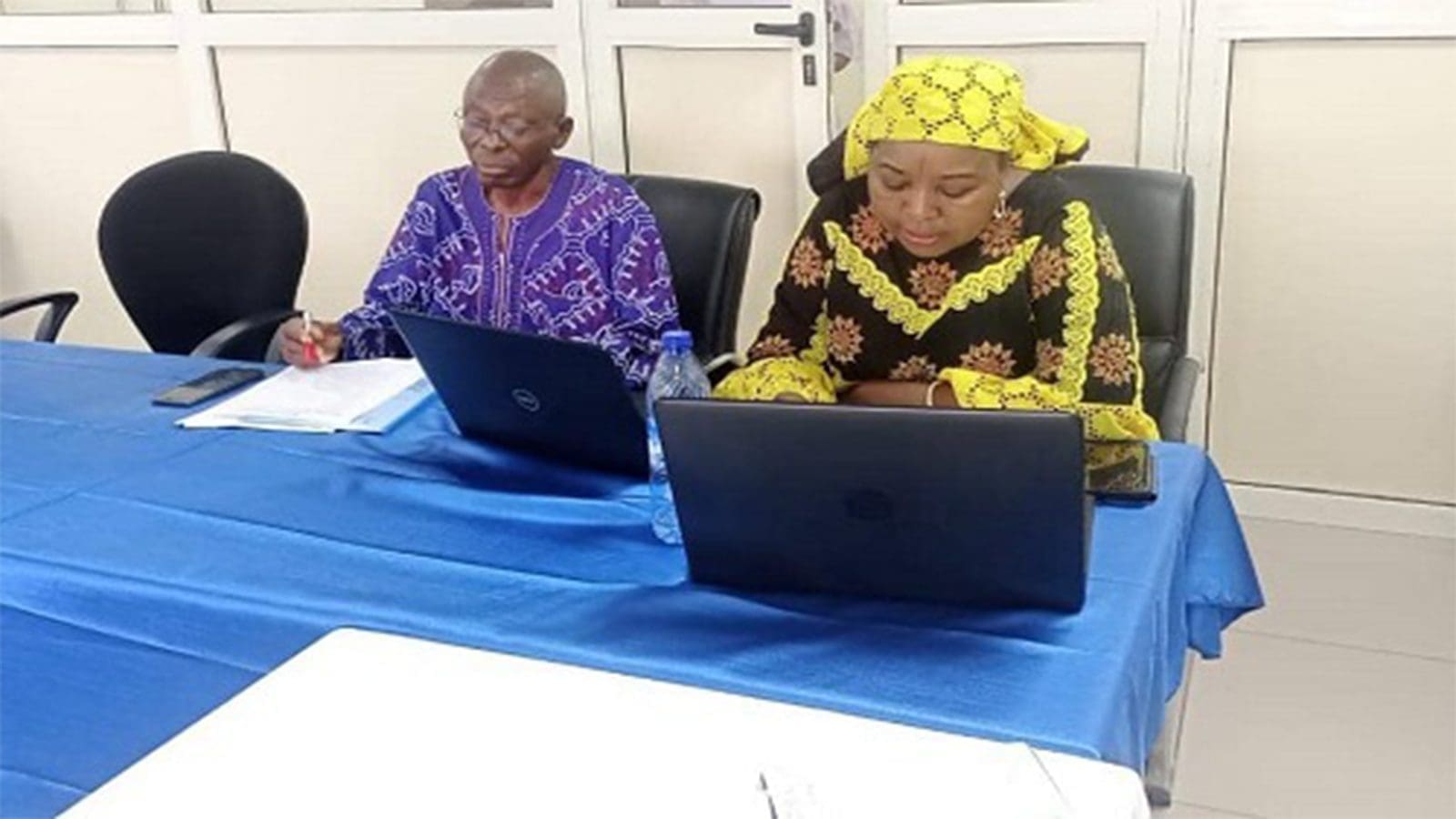NIGERIA – The National Agency for Food and Drug Administration and Control (NAFDAC), Nigeria, has dismissed the intimation that 40 percent of the registered brands of pesticide products used in Nigeria are either banned or restricted for use by the European Union (EU), thereby threatening the lives of people, animals, and the environment in Nigeria.
The Director-General of NAFDAC, Prof. Mojisola Adeyeye in a statement said that NAFDAC is an ISO: 900: 2015 Quality Management System (QMS) certified organization that has put in place procedures to enable the Agency to take regulatory decisions to determine whether an active ingredient should be banned or restricted.
“NAFDAC is a signatory to the international Convention that banned chemicals and pesticides such as the Rotterdam Convention, an international treaty designed to facilitate informed decision-making by countries with regard to trade in hazardous chemicals and Pesticides,” she said.
She noted that chemicals banned by international convention have been phased out and never entertained for registration or given import permits as raw materials for production.
“As a sovereign state, Nigeria has regulatory bodies empowered to regulate and control the production, importation, exportation, distribution, advertisement, sale, and use of such chemical products,” she said.
Adeyeye pointed out that NAFDAC is saddled with the responsibility of ensuring that chemical products produced in Nigeria and those being imported into the country meet the prerequisite in-country approval as well as international standards.
NAFDAC has a stringent requirement of ensuring that any pesticide to be imported into Nigeria is also being sold in the exporting country. The Nigerian Embassy authenticates the current Free Sale Certificate in the exporting country.
“In order to ensure that only active ingredients approved by NAFDAC are allowed into the country, NAFDAC Appointed Testing Agents (CRIA) and Laboratories to conduct tests and forward results to the Agency before any Pesticide is shipped from countries that are major exporters of Agrochemicals into Nigeria,” the NAFDAC boss outlined.
Adeyeye further assured Nigerians that adequate quality control tests are carried out by the Agency before granting certifications for all products that are either imported or manufactured within the country.
Approved pesticides legal in other countries
Adeyeye also intimates that all the pesticides approved for use by NAFDAC are also in use in other parts of the world except Europe without any fuse, asking rhetorically why this campaign was not taken to the US, Latin America, or Asia where the products are also being used.
In reciprocating to this effort, she added that local production of food is highly encouraged stressing that NAFDAC, in the last four years, has reviewed her regulations, guidelines and strengthen collaboration with MDAs and stakeholders to ensure effective regulations”.
She informed that such collaborative effort has been recorded in agrochemicals regulation, adding that NAFDAC has reviewed the safety of all registered agrochemicals in Nigeria in consultation with relevant stakeholders, initiated four years phase-out plan for obsolete and some hazardous agrochemicals.
“Such phase-out plan is currently running for Paraquat, which will be phase-out in 2024 and Atrazine in 2025 while 100ml pack size of Dichlorvos (DDVP) is already banned due to inappropriate use, she said. So far about thirty (30) pesticides have been banned in Nigeria. The general public is advised to visit the NAFDAC website (www.nafdac.gov.ng) for detail of banned pesticides,” she revealed.
To promote responsible use of pesticides, the agency has partnered with relevant stakeholders such as CropLife Nigeria and Nigeria Agro-Input Dealers Association (NAIDA) to educate dealers/marketers of agrochemicals in Nigeria.
The NAFDAC boss also called on all and sundry on the need for ethical and responsible use of regulated products, stressing that all should always buy and use registered products. She pointed out the significance of the manufacturers instruction as indicated on the product label in achieving safe use of regulated products therefore, strict compliance to it is highly inevitable.
“The agency would continue to call on all farmers to ensure strict compliance to all practices such as Good Agricultural Practice GAP, Good Hygienic Practice GHP, Good Storage Practice GSP amidst others,” she stated.
As reported by Nigerian Tribune, Adeyeye assured the public that NAFDAC as an Agency will never compromise the nation’s public health and environment.
Liked this article? Subscribe to Food Safety Africa News, our regular email newsletters with the latest news insights from Africa and the World’s food safety, quality and compliance. SUBSCRIBE HERE








